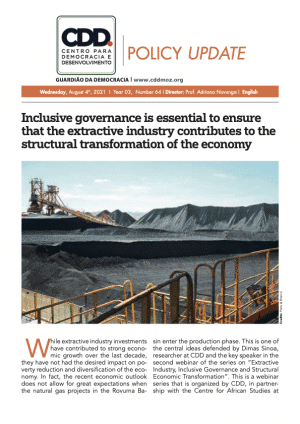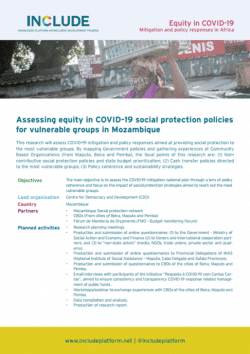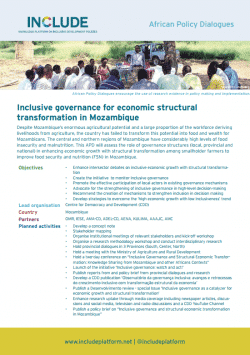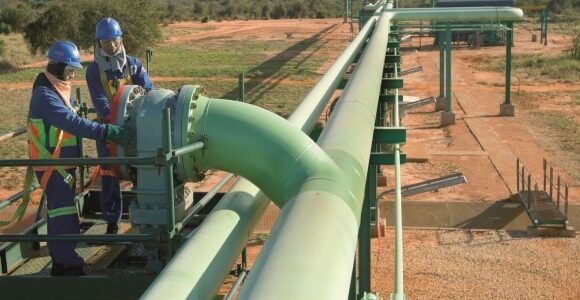
This Policy Update report by the CDD (Centro para Democracia e Desenvolvimento) summarizes the key messages from the Webinar on “Extractive Industry, Inclusive Governance and Structural Economic Transformation”, part of a series organized by CDD, in partnership with the Centre for African Studies at Leiden University in the Kingdom of the Netherlands, under the African Policy Dialogue program.
Below are some of the main points emerged during the webinar.
The context of the extractive industry
- Large investments in the extractive industry do not necessarily lead to structural transformation of the economy.
- The extractive industry contributes very little to the country’s job creation (less than 1% of total employment).
- The revenues generated from extractive sector projects have not been used to the benefit of the local communities where the projects are located.
- Inequalities within countries affect social and political stability and economic growth.
Strategies to enhance the contribution of the extractive industry in the economy
- Employ an inclusive governance model to ensure stakeholder involvement in the decision-making process, transparency and management of natural resources and revenues generated.
- Link natural gas from the Rovuma Basin to specific national development such as using it to generate electricity, fuel and fertilizer.
- Enhance job creation along natural gas value chain projects through local content policies especially in manufacturing and provision of services.
- Multinational extractive sector firms should give preference to Mozambicans when hiring labour for their projects.
- Support small Mozambican companies and subcontract them to carry out some activities such as stone extraction and sand for construction for the oil multinationals.
Download the policy update by clicking the download buttons on the right.


